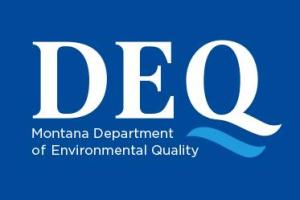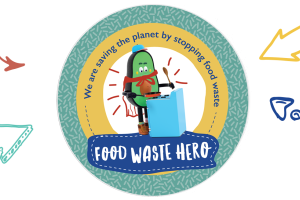
Food Matters Action Kit
/resource/food-matters-action-kit
Commission for Environmental Cooperation
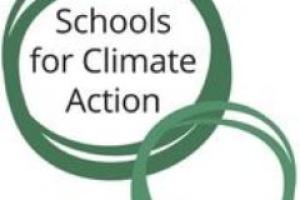
Climate Action Advocacy Resources
/resource/climate-action-advocacy-resources
Schools for Climate Action
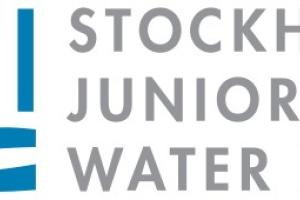
Stockholm Junior Water Prize
/resource/stockholm-junior-water-prize
Water Environment Federation
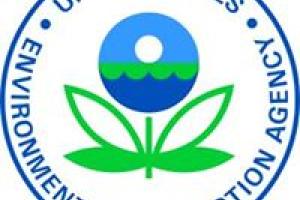
President’s Environmental Youth Award
/resource/president%E2%80%99s-environmental-youth-award
U.S. Environmental Protection Agency
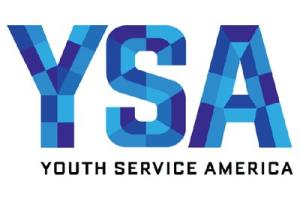
Resources and Trainings for Educators
/resource/resources-and-trainings-educators
Youth Service America
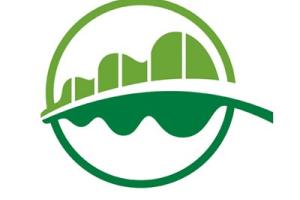
Training and Tools for Educators
/resource/training-and-tools-educators
NatureBridge
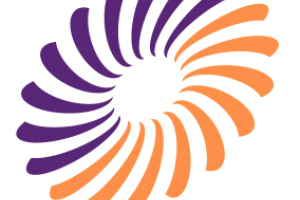
Introduction to Sustainability
/resource/introduction-sustainability
Creative Change
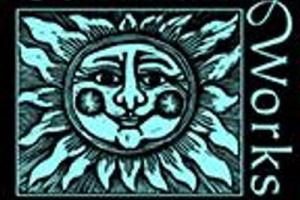
Professional Development Opportunities
/resource/professional-development-opportunities
Community Works Institute
Fayette County Public Schools E=USE^2 Report
/resource/fayette-county-public-schools-euse2-report
Fayette County Public Schools
San Antonio ISD Buildings, Grounds, and Equipment Management
/resource/san-antonio-isd-buildings-grounds-and-equipment-management
San Antonio Independent School District
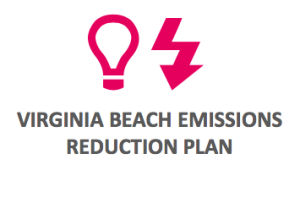
Virginia Beach Emissions Reduction Plan
/resource/virginia-beach-emissions-reduction-plan
Virginia Beach City Public Schools
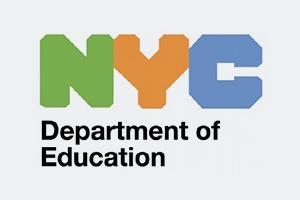
NYC Board of Education Resolution
/resource/nyc-board-education-resolution
NYC Board of Education
Horry County Schools Energy Management Checklist for Unoccupied Buildings
/resource/horry-county-schools-energy-management-checklist-unoccupied-buildings
Horry County Schools
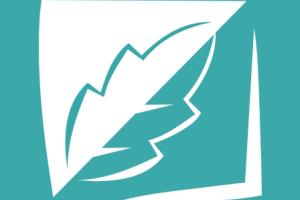
National Youth Gardening Symposium
/resource/national-youth-gardening-symposium-0
American Horticultural Society
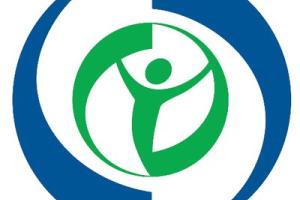
School Health Publications
/resource/school-health-publications
National Association of Chronic Disease Directors
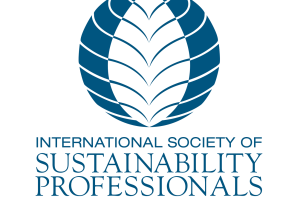
International Society of Sustainability Professionals
/resource/international-society-sustainability-professionals
International Society of Sustainability Professionals
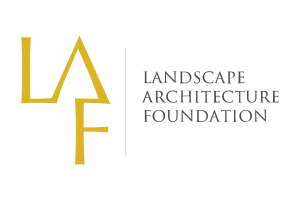
Landscape Architecture Case Study Briefs
/resource/landscape-architecture-case-study-briefs
Landscape Architecture Foundation
Virginia Beach City Public Schools Sustainable Purchasing Best Practices Guide
/resource/virginia-beach-city-public-schools-sustainable-purchasing-best-practices-guide
Virginia Beach City Public Schools
District of Columbia Public Schools Green Purchasing Guide
/resource/district-columbia-public-schools-green-purchasing-guide
District of Columbia Public Schools
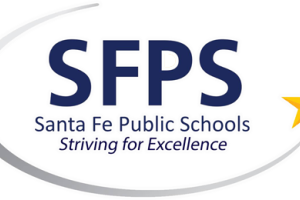
Job Description: Sustainability Program Specialist
/resource/job-description-sustainability-program-specialist
Sante Fe Public Schools
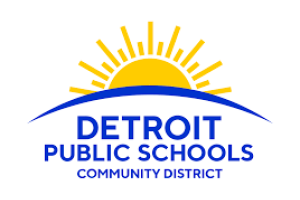
Job Description: Director of Energy & Sustainability
/resource/job-description-director-energy-and-sustainability
Detroit Public Schools
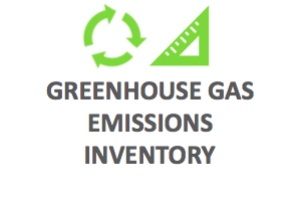
Greenhouse Gas Emissions Inventory
/resource/greenhouse-gas-emissions-inventory
Virginia Beach City Public Schools
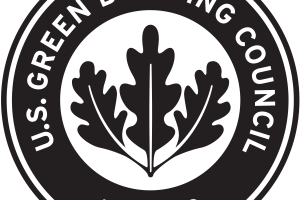
School Board Advocacy Toolkit
/resource/school-board-advocacy-toolkit-1
USGBC: Center for Green Schools
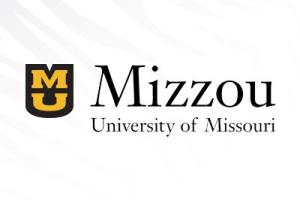
Teaching Green Buildings: Five Theoretical Perspectives
/resource/teaching-green-buildings-five-theoretical-perspectives
University of Missouri

